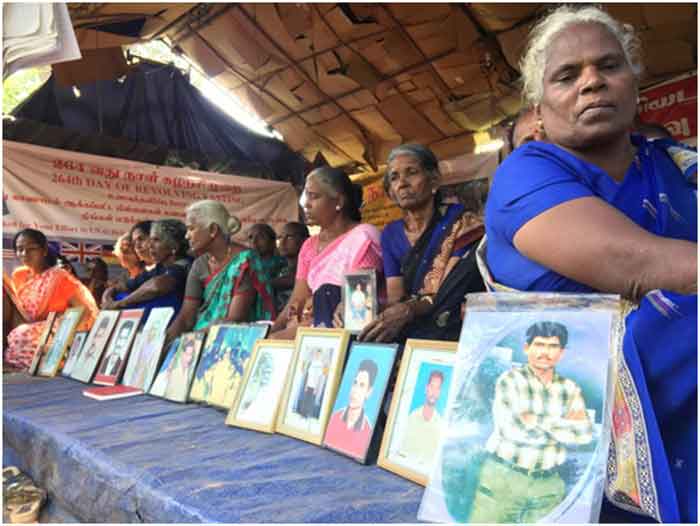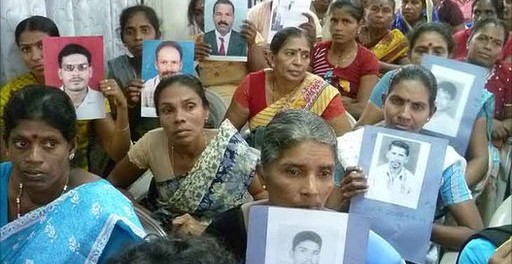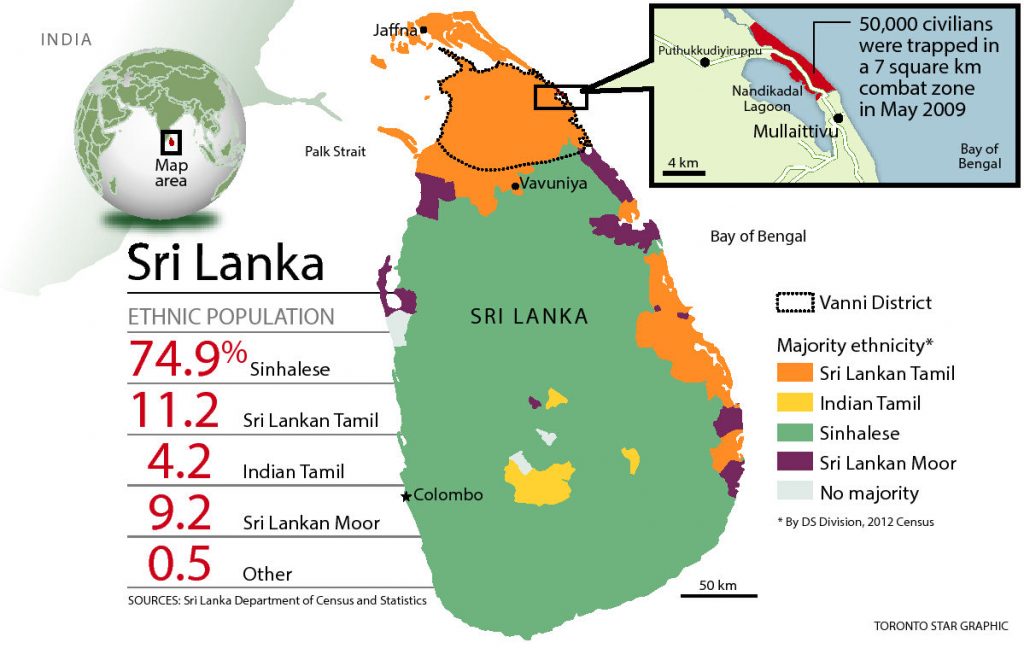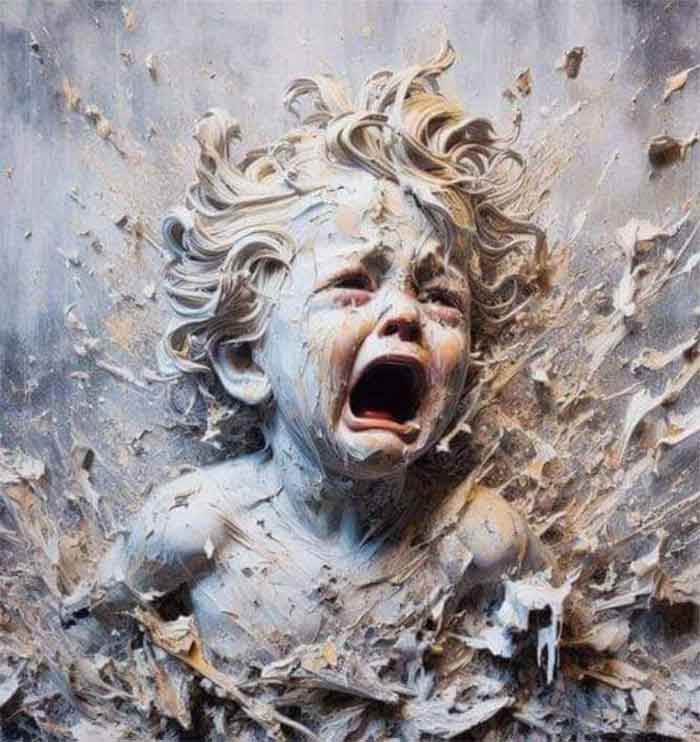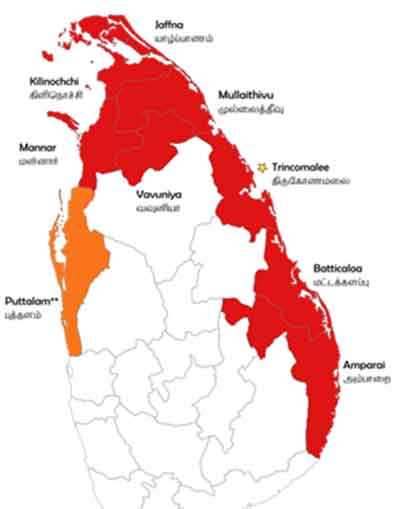
The Human Rights Council is an inter-governmental body within the United Nations system responsible for strengthening the promotion and protection of human rights around the globe and for addressing situations of human rights violations and make recommendations on them.
The slow and delayed actions by the UNHRC causes severe hardship to the victims affected by the state terrorism in Sri Lanka. It is more than 13 years after the genocide of 70,000 Tamil civilians as estimated by the UN, the poor affected victims are waiting for justice and some who are seeking justice died before they get justice.
The UN set up the council in 2006 to replace the UN Commission on Human Rights, which faced widespread criticism for letting countries with poor human rights records become members.
The UNHRC meets three times a year, and reviews the human rights records of all UN members in a special process the council says gives countries the chance to say what they have done to improve human rights, known as the Universal Periodic Review.
The Human Rights Council has enough criticism, based around its selectivity of cases and its access to some developing countries, without suffering from this extreme blow to its legitimacy and credibility. As Irwin Cotler, head of the Raoul Wallenberg Centre for Human Rights, has stated: “Regrettably, when the UN itself ends up electing human rights violators to the human rights council, it indulges the very culture of impunity it is supposed to combat”
The symbolism and work of the UN Human Rights Council is impressive, yet its functionality and structure severely limits its credibility and legitimacy as it allows the undermining of the purpose by gross human rights violators. The electoral system, alongside the pursue of control and limitation of the body, stops the Council from following its aim of “promoting universal respect for the protection of all human rights and fundamental freedoms for all” (UNGA Resolution 60/251).
The UN Human Rights Council’s ability to successfully expose and hold violators to account is under threat because a number of countries use it to thwart attempts to expose their own crimes and abuses,” said Louis Charbonneau, UN director at Human Rights Watch. “Electing council members that are truly committed to improving human rights is the responsibility of each and every UN member country,
UN member countries should put an end to closed slates, scrap vote-trading, and be clear that countries elected should expect their own human rights records to be subject to increased scrutiny during their council terms.
The universal declaration promised (among other things) the right to life, the right not to be tortured, and the right to seek asylum from persecution. The declaration was followed just one year later by the adoption of the Geneva Conventions, designed to protect civilians in war, and to guarantee the right of medical staff in war zones to work freely.
In the decades since 1948 many of the principles have been enshrined in international law, with the 1951 convention on refugees, and the absolute prohibition on torture.
Kumarathasan Rasingam – Secretary, Tamil Canadian Elders for Human Rights Org

